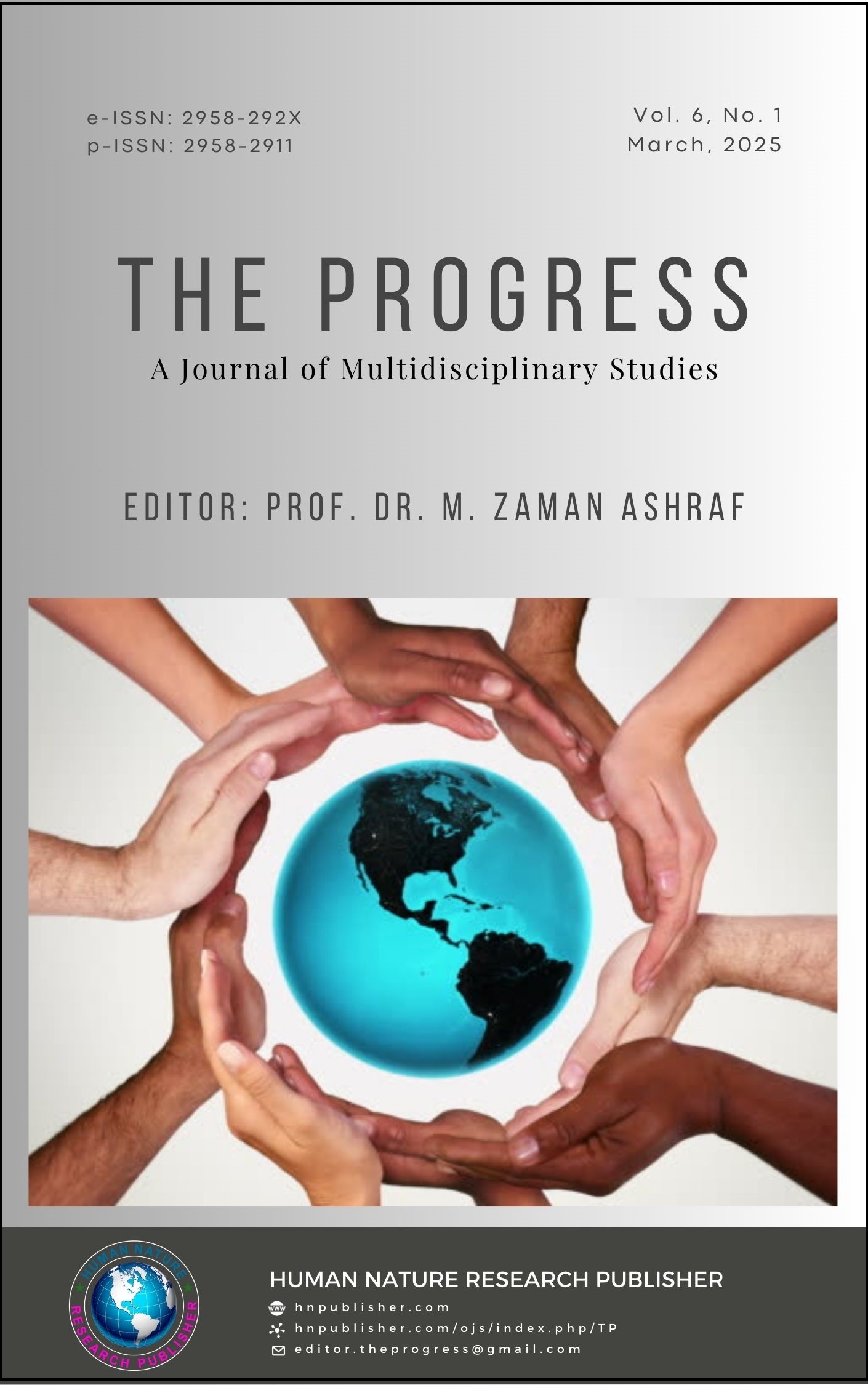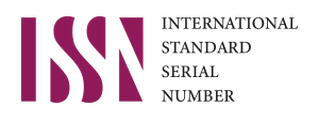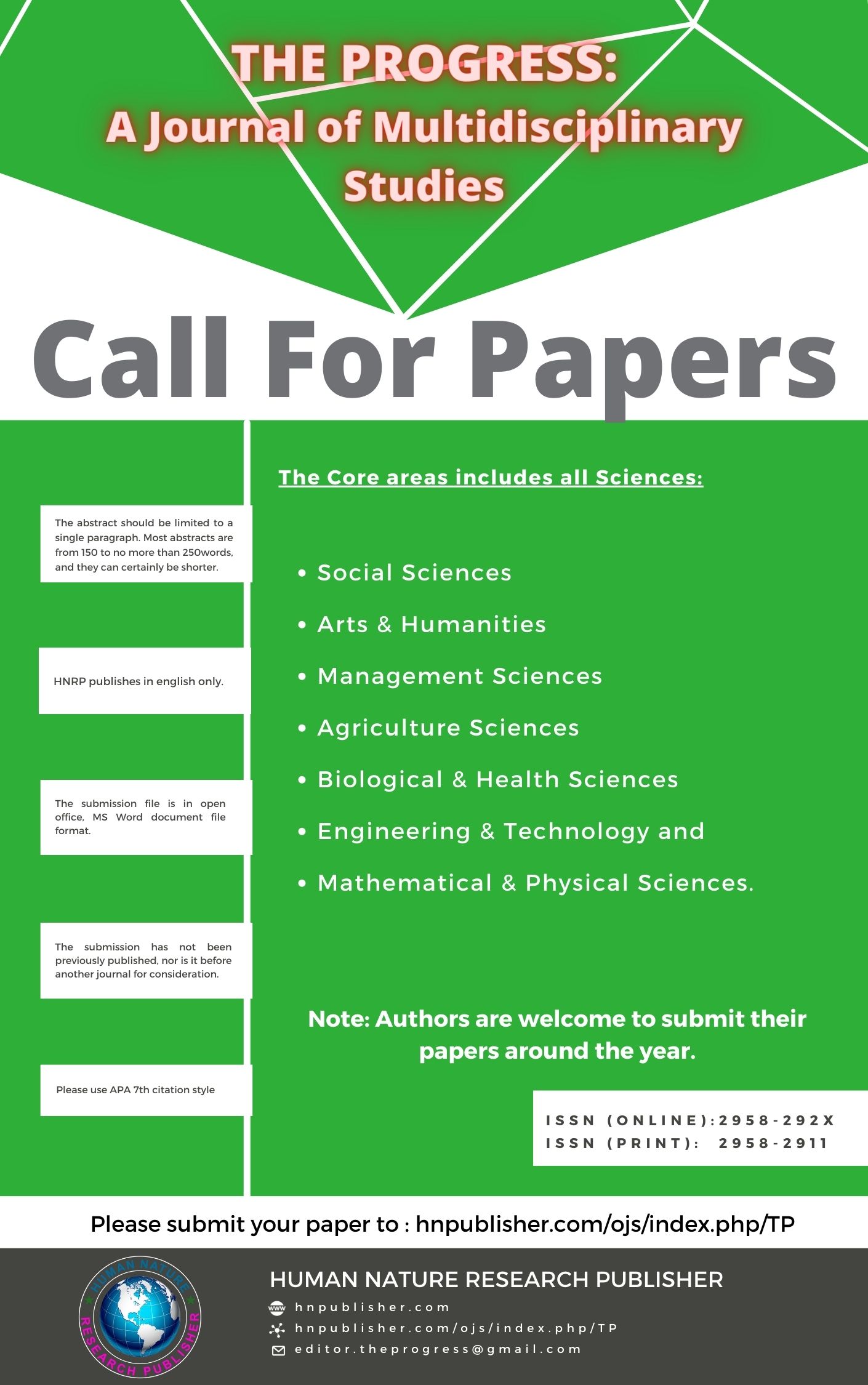Impact of Father’s Authoritarian Parenting Style on Humor and Happiness among Pakistani College and University Students
DOI:
https://doi.org/10.71016/tp/c2bdy883Keywords:
Father’s Authoritarian Style, Humor, HappinessAbstract
Aim of the Study: The main aim of current research was to explore the impact of father’s authoritarian parenting style on humor and happiness along with students.
Methodology: The sample comprised of (N=200) students. The data was taken from University of Sargodha and public colleges. Purposive sampling technique was used to gather data. Parental Authority Questionnaire (PAQ: Buri, 1971), Need for Humor (NFH) developed by Cline, (203), and Happiness Scale developed by Lyubomrisky (1999) were used to operationalize and collect the data from participants.
Findings: Father’s authoritarian parenting style was positive predictor of happiness. Results revealed that male were high on humor and happiness. Implications of research, besides its limitations and recommendations, for father research have been discussed.
Conclusion: The recent research elaborates the outcome of father authoritarian parenting style on humor and happiness between students. Results of the research reveals that intensity of humor is more in males as compared to females. In happiness males are high as compared to females. Father’s authoritarian parenting style is a negative predictor of humor and happiness.
Downloads
Published
Issue
Section
License
Copyright (c) 2025 Mehwish Riaz, Ayesha Sajjad, Dr. Mohsin Atta (Author)

This work is licensed under a Creative Commons Attribution-NonCommercial 4.0 International License.








